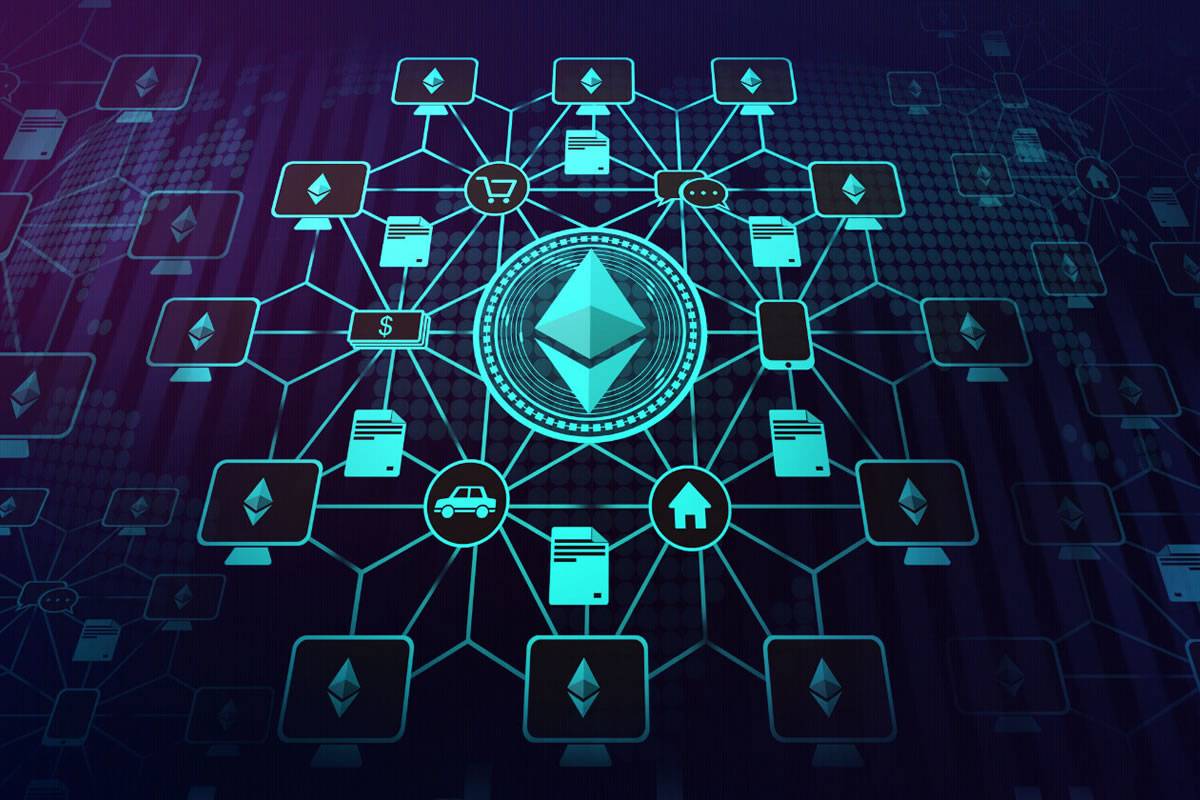Waves: Empowering Decentralized Applications and Tokens
- 05-07-2023
- Business
- Canarian Weekly
In the rapidly evolving landscape of blockchain technology, decentralized applications (dApps) and tokens have gained significant attention. These innovative solutions offer a wide range of possibilities for industries such as finance, gaming, supply chain management, and more.
One platform that has emerged as a frontrunner in empowering decentralized applications and tokens is Waves. So, if you are interested in Bitcoin investment, you must have a reputable trading platform like https://bitcoinup.me/.
What is Waves?
Waves is an open-source blockchain platform that aims to provide a comprehensive infrastructure for the development and deployment of decentralized applications and tokens. It was launched in 2016 by Sasha Ivanov and his team of experienced developers.
Waves' primary focus is to offer a user-friendly environment that enables individuals and businesses to leverage blockchain technology without extensive technical knowledge.
The Advantages of Waves:
· Speed and Scalability.
One of the key advantages of Waves is its impressive speed and scalability. The platform utilizes a unique consensus algorithm called Waves-NG, which enables high transaction throughput. With a block time of just a few seconds, Waves can process hundreds of transactions per second, making it ideal for applications that require quick and efficient processing.
· User-Friendly Interface.
Waves stand out for its intuitive and user-friendly interface, which simplifies the process of creating and managing tokens. Whether you are an individual or a business, Waves provides an accessible platform that allows you to issue, transfer, and trade tokens with ease. This user-centric approach has attracted a diverse range of users, including entrepreneurs, developers, and investors.
· Smart Contract Functionality.
Waves support smart contracts, which are self-executing contracts with predefined conditions. Smart contracts enable developers to create complex business logic within decentralized applications. By leveraging Waves' smart contract functionality, developers can automate various processes and interactions, ensuring transparency and efficiency in their applications.
· Decentralized Exchange.
Waves include a decentralized exchange (DEX) built directly into its platform. This DEX allows users to trade tokens securely and directly from their Waves wallets, without the need for third-party intermediaries. The decentralized nature of the exchange enhances security and eliminates the risk of hacking or fraud often associated with centralized exchanges.
· Interoperability and Integration.
Waves are designed to be interoperable with other blockchain platforms and traditional systems. This interoperability allows for seamless integration of Waves-based applications with existing infrastructure, providing businesses with a flexible and scalable solution. By leveraging Waves' compatibility with various protocols, businesses can extend their reach and explore new opportunities.
Use Cases for Waves
· Tokenization of Assets.
Waves provide a powerful platform for the tokenization of real-world assets. By representing assets such as real estate, commodities, or even artwork as digital tokens on the Waves blockchain, these assets can be easily traded, transferred, and divided. Tokenization opens up new possibilities for fractional ownership, liquidity, and global accessibility.
· Decentralized Finance (DeFi)
The DeFi space has witnessed tremendous growth in recent years, and Waves has positioned itself as a player in this domain. Waves' smart contract functionality enables the creation of various financial instruments, including decentralized lending and borrowing platforms, stablecoins, and yield farming applications. The platform's speed and low transaction fees make it an attractive option for DeFi enthusiasts.
· Gaming and Non-Fungible Tokens (NFTs).
Waves' scalability and low fees make it an excellent choice for gaming applications and the creation of non-fungible tokens (NFTs). NFTs represent unique digital assets, such as in-game items, collectibles, or digital artwork. With Waves, developers can create and trade NFTs, enabling new gaming experiences and opportunities for artists and creators to monetize their digital creations.
· Supply Chain Management.
Waves blockchain technology can be leveraged for supply chain management solutions. By utilizing smart contracts, businesses can track and authenticate the movement of goods from their origin to the end consumer. This transparency and immutability provided by Waves' blockchain ensure the integrity of the supply chain, reducing fraud and improving efficiency.
· Voting and Governance.
The decentralized nature of Waves makes it an ideal platform for voting and governance applications. By implementing voting mechanisms on the blockchain, organizations can ensure transparency and inclusivity in decision-making processes. Waves' fast transaction times and low fees enable efficient and secure voting systems that can be utilized in various scenarios, such as elections or corporate governance.
· The Future of Waves.
As the blockchain ecosystem continues to evolve, Waves aims to stay at the forefront of innovation and adoption. The platform is committed to ongoing development and enhancement of its features and functionalities to meet the growing demands of users and businesses. With a strong community of developers, entrepreneurs, and enthusiasts, Waves is well-positioned to drive the adoption of decentralized applications and tokens.
Conclusion:
Waves have emerged as a leading blockchain platform, empowering decentralized applications and tokens with its speed, scalability, and user-friendly interface. With its smart contract functionality, decentralized exchange, and interoperability, Waves offers a comprehensive solution for various industries seeking to leverage the power of blockchain technology.
Other articles that may interest you...
Trending
Most Read Articles
Featured Videos
TributoFest: Michael Buble promo 14.02.2026
- 30-01-2026
TEAs 2025 Highlights
- 17-11-2025




























































